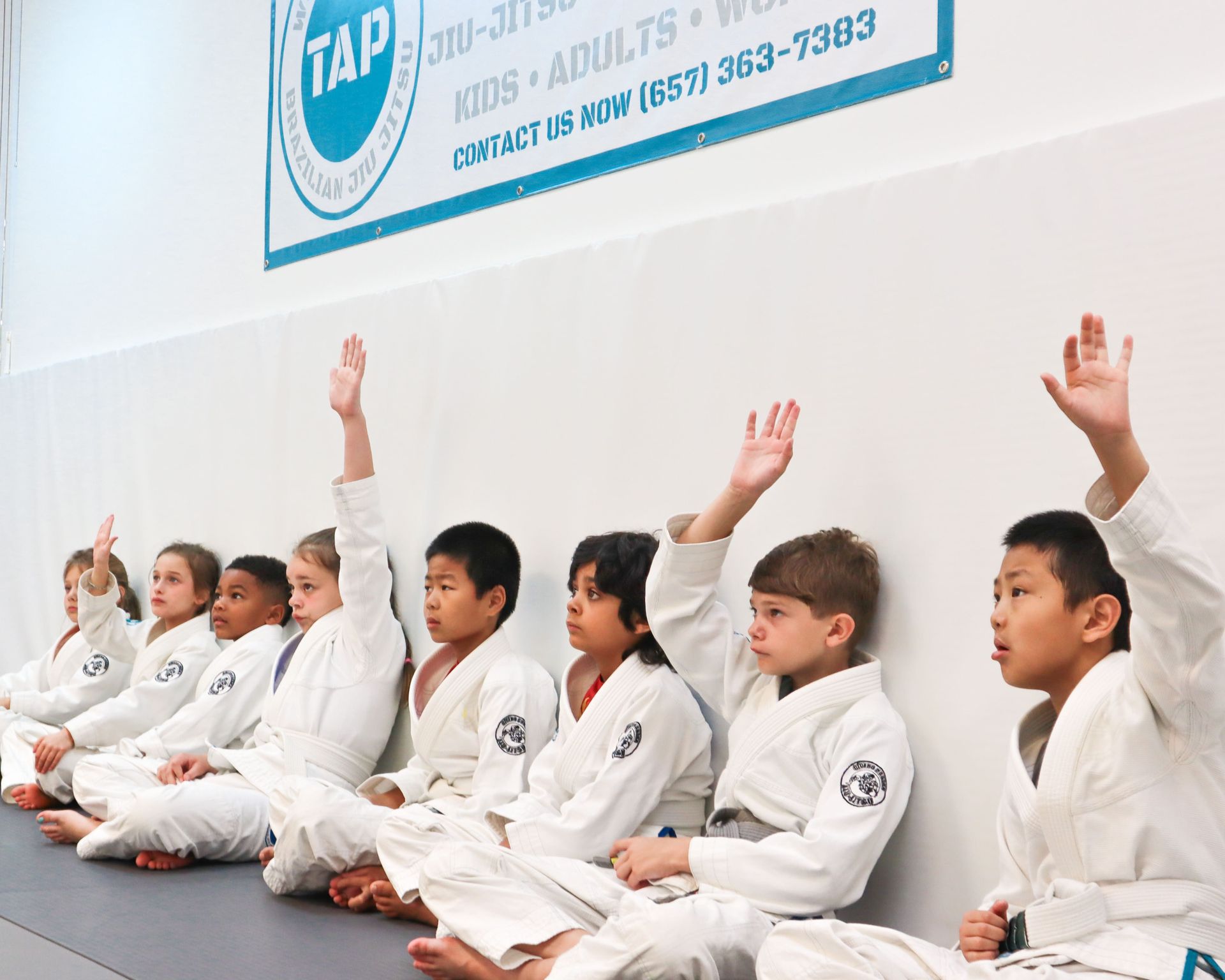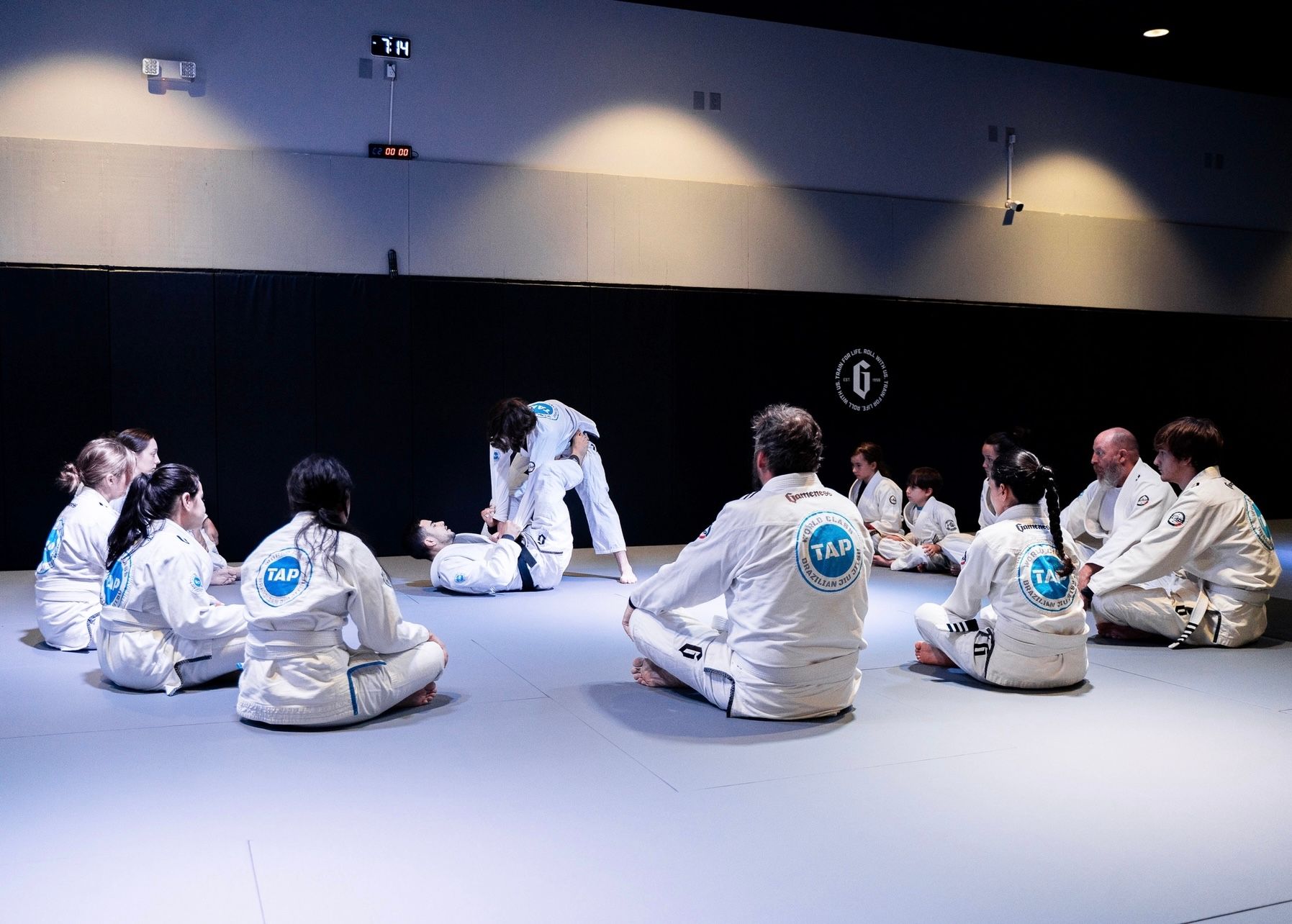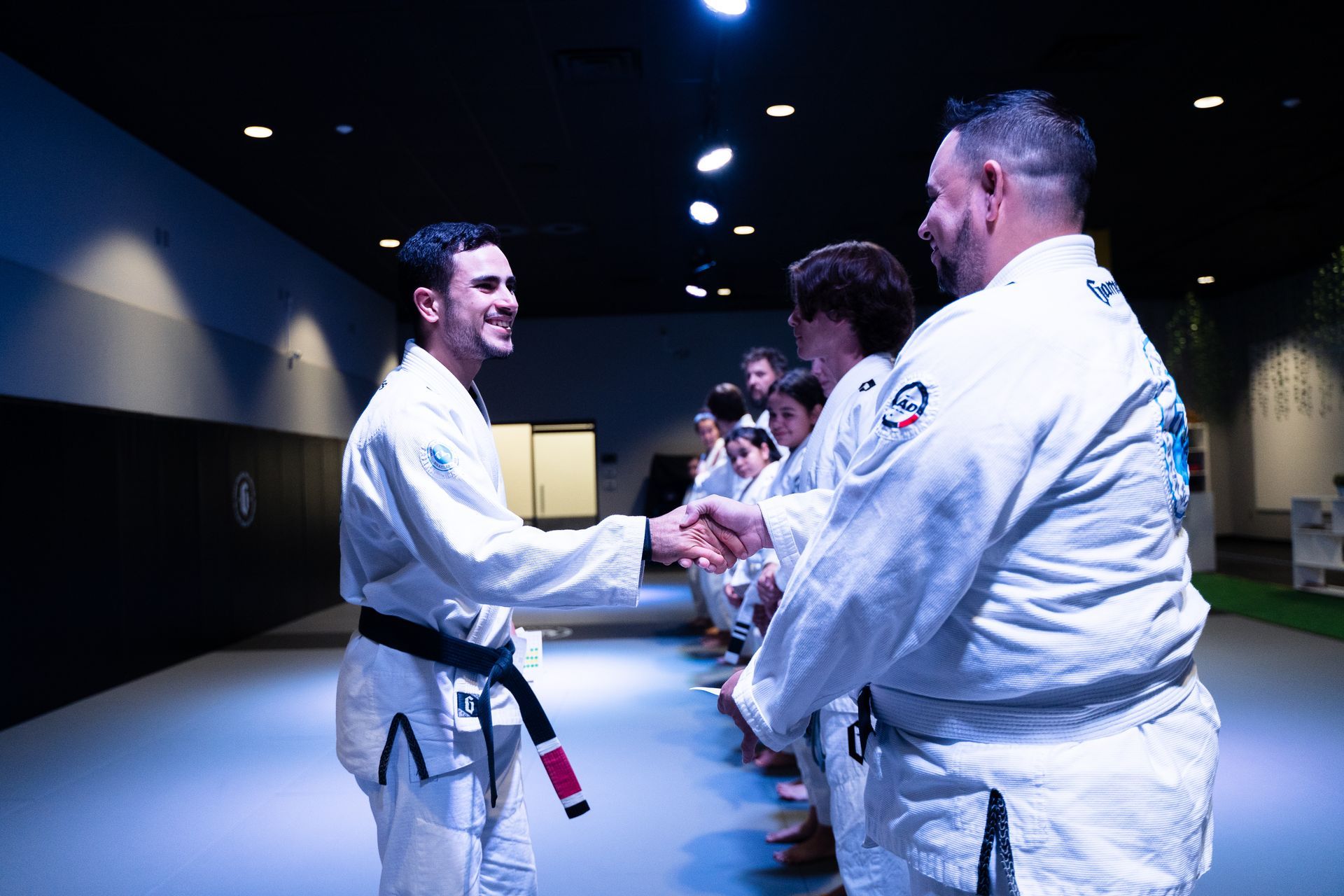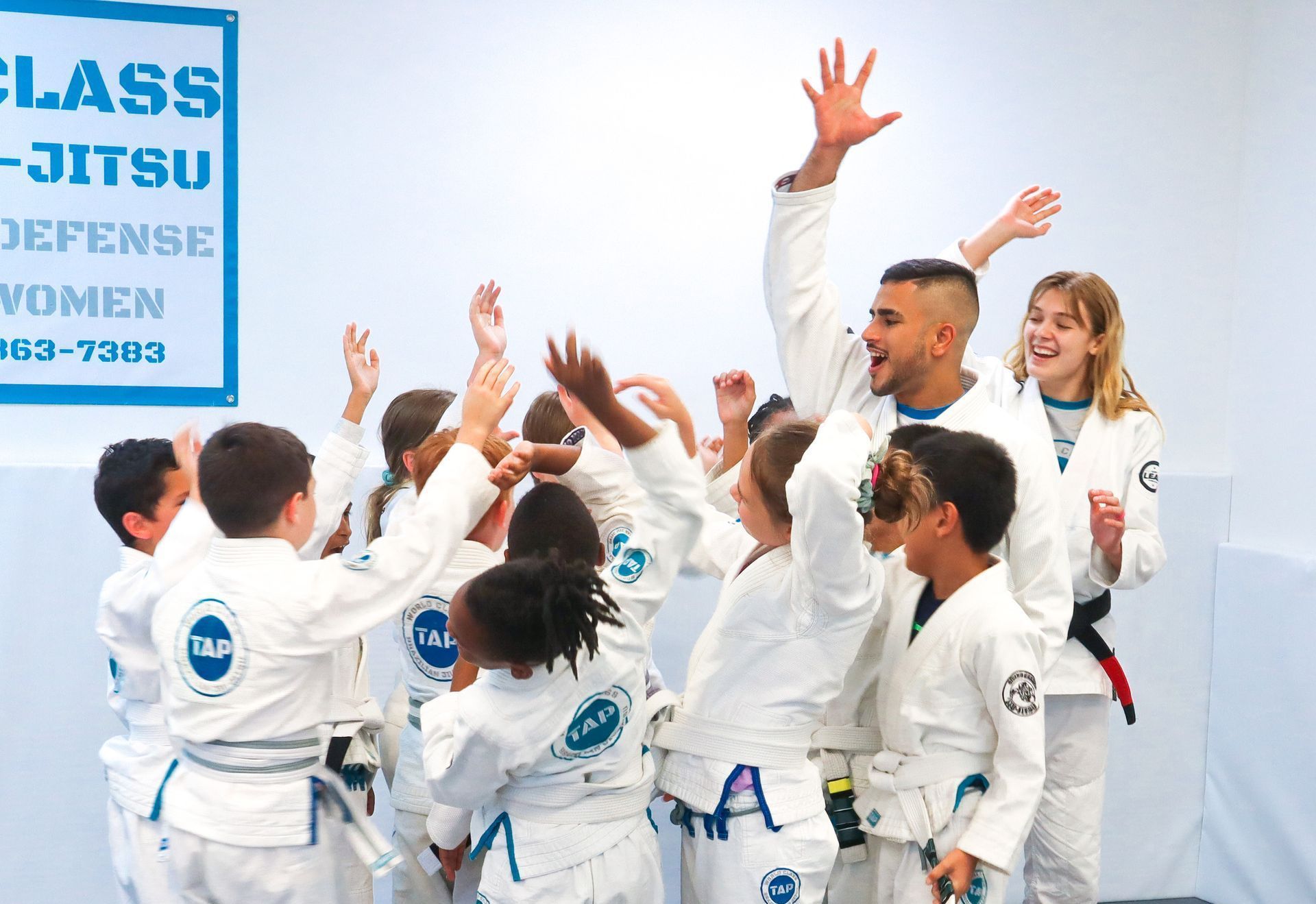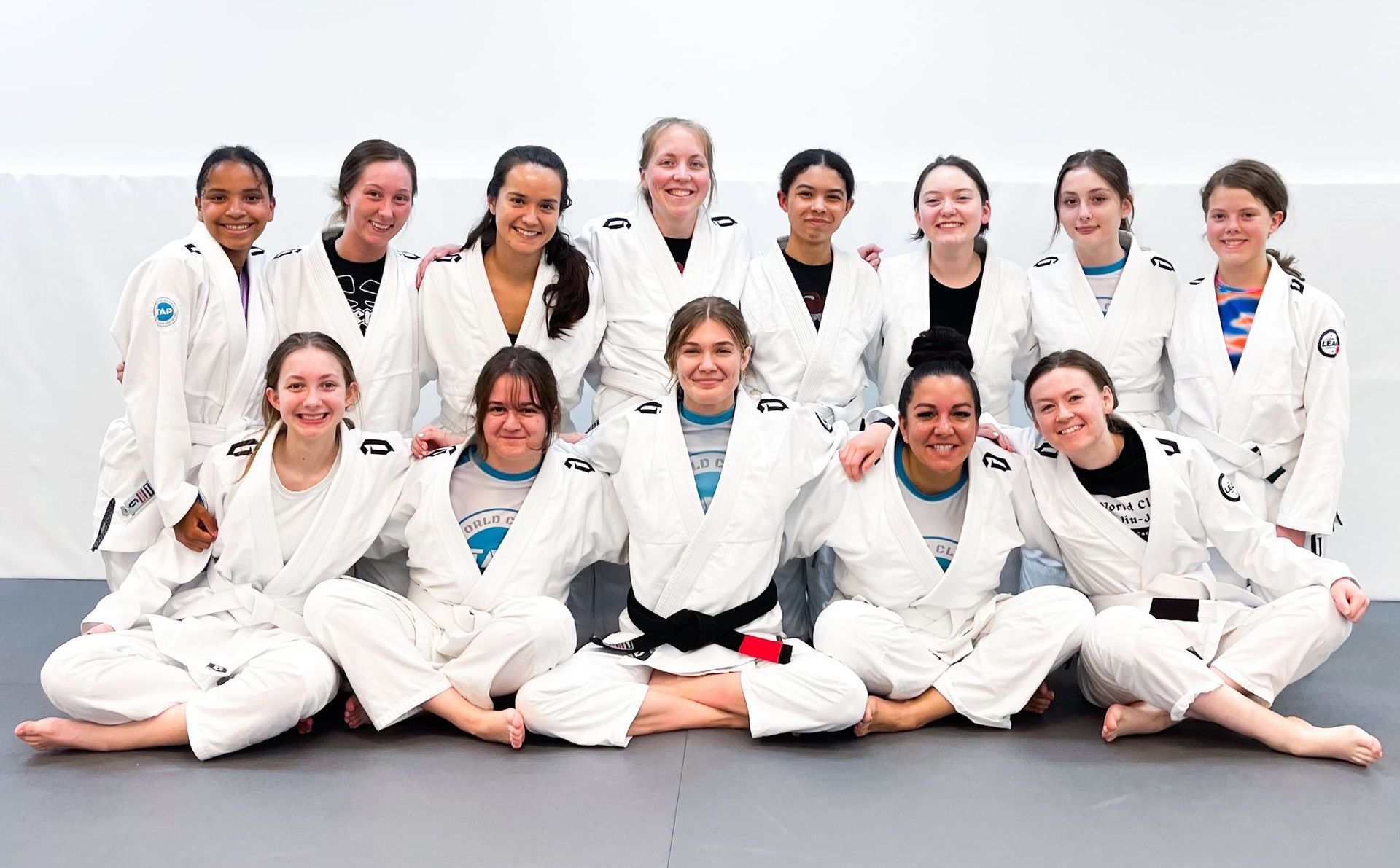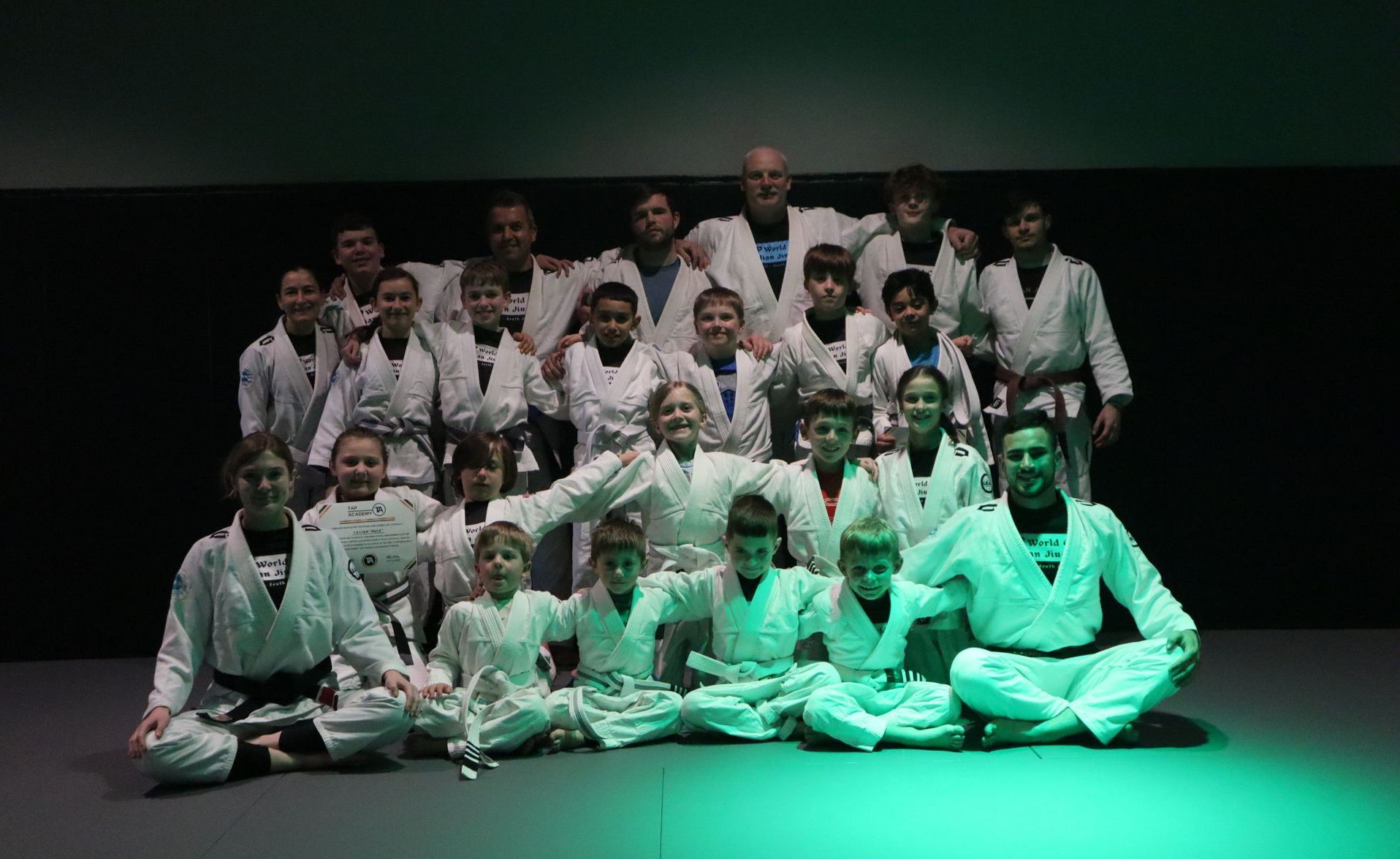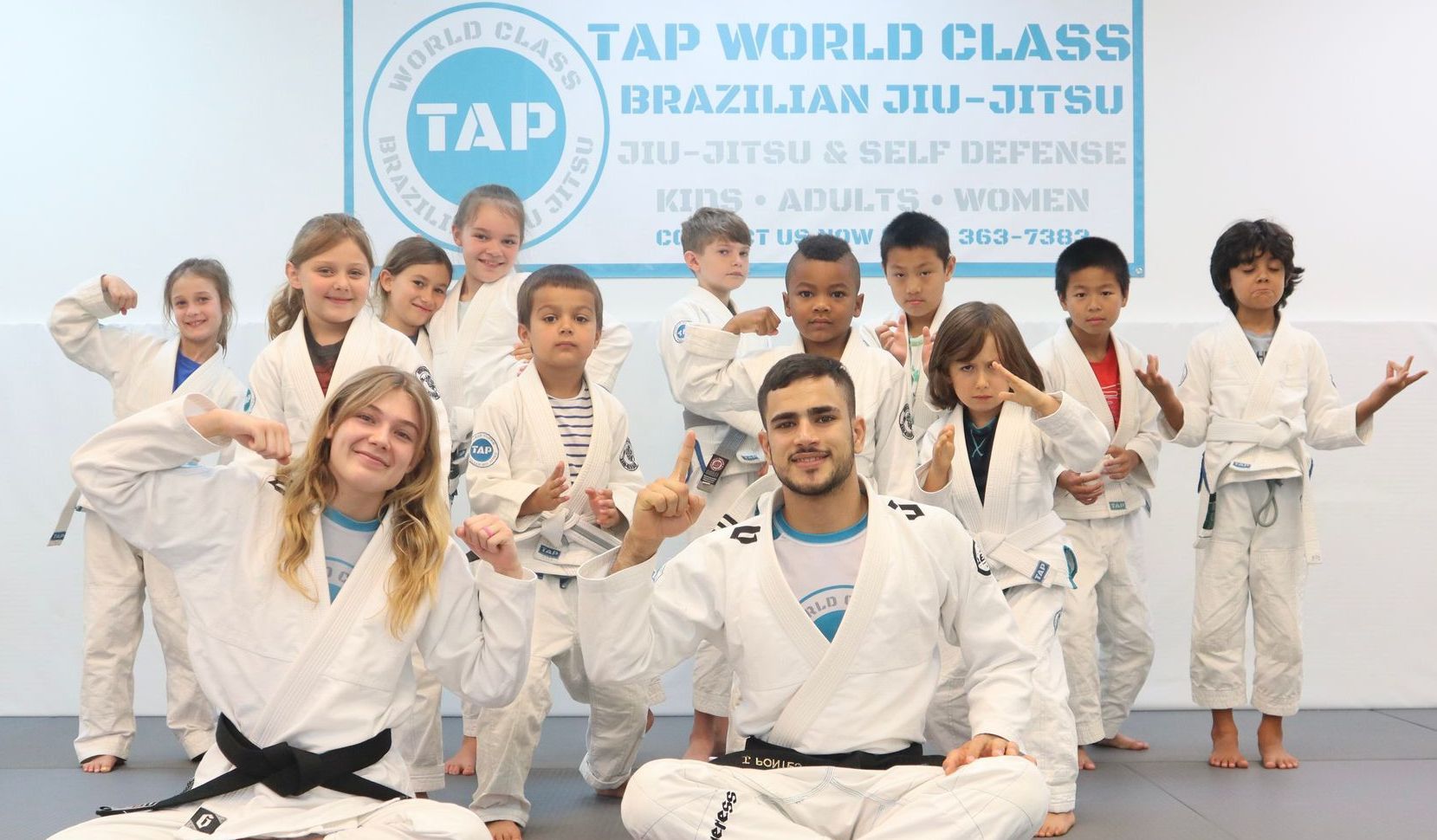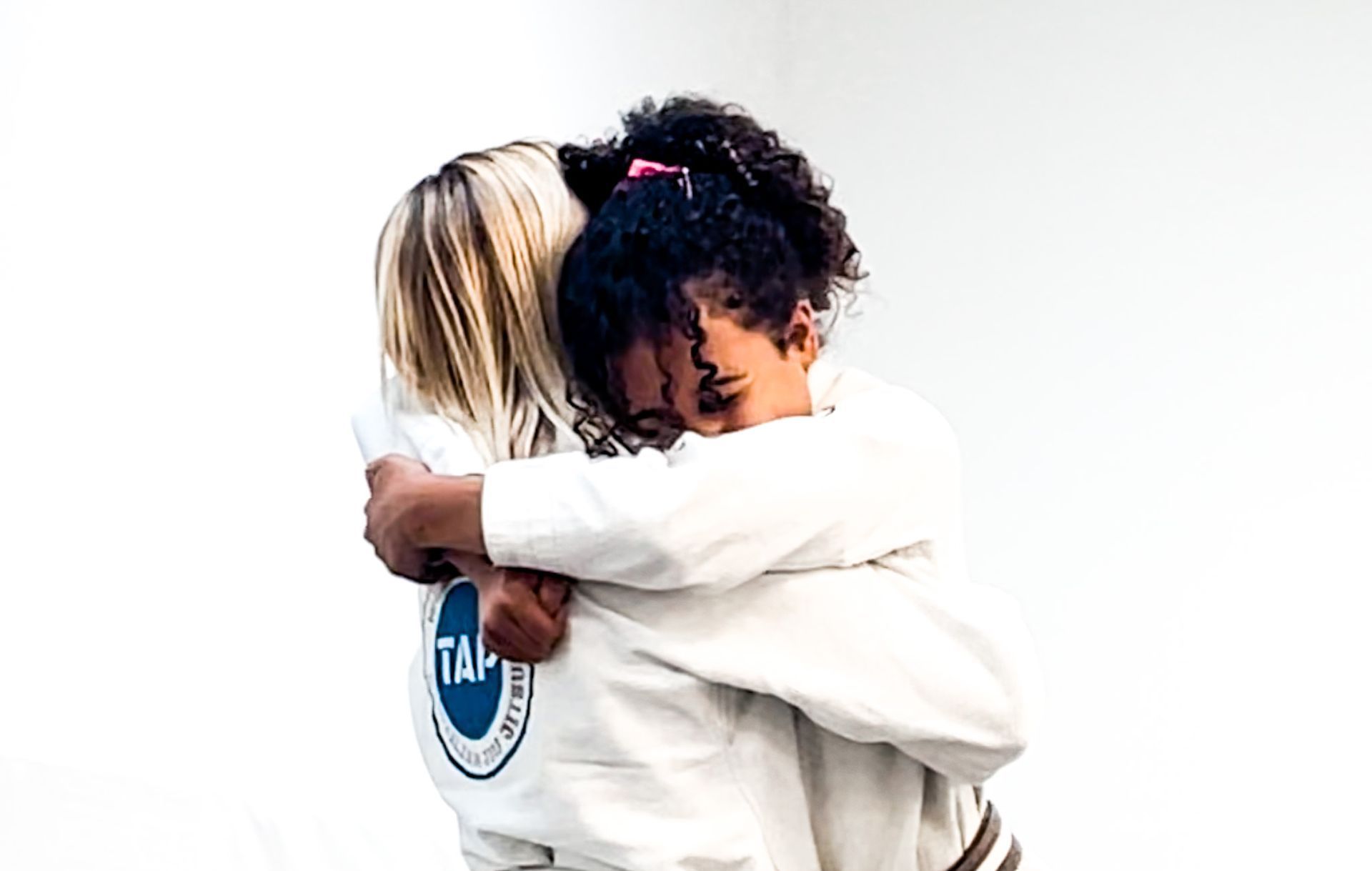10 Tips That Parents Should Know About Beginner Kids in Jiu-Jitsu
Starting Brazilian Jiu-Jitsu can be an exciting adventure for children, even though it comes with some challenges. As a parent, knowing what to expect, how to support, and when to communicate with your child in BJJ can make a big difference in their journey. Here are some friendly tips for parents to help their kids every day.
1. Leading by Example:
In today's busy world, finding meaningful ways to connect with your children can be challenging. At TAP World Class Brazilian Jiu-Jitsu, we create a warm and welcoming family environment where parents can train, bond, learn, and grow with their kids.
Children often look to their parents as role models. By committing to Brazilian Jiu-Jitsu, parents show that learning doesn't stop at a certain age and that it's never too late to take on new challenges. This attitude can effectively demonstrate the importance of commitment, discipline, and perseverance. Witnessing their parents' dedication to learning and improving in Brazilian Jiu-Jitsu can inspire children to strengthen or adopt these values in their own lives, both on and off the mat.
2. Encourage Patience and Persistence:
Like any new skill, mastering Jiu-Jitsu takes time, dedication, and a lot of effort. Encourage your child to be patient and persistent, as these qualities are essential for success in martial arts. Progress may seem slow at first, and your child might feel frustrated or disheartened. However, remind them that consistent practice, over days, weeks, and months, will lead to noticeable improvement in their skills and techniques. Celebrate good behavior and small victories along the way, such as earning stripes on their belt and achieving belt promotions. These milestones are significant and can serve as powerful motivators, helping to keep your child enthusiastic and engaged in their Jiu-Jitsu journey. Provide positive reinforcement and support to help them understand that every step forward, no matter how small, is an important part of their growth and development in the sport.
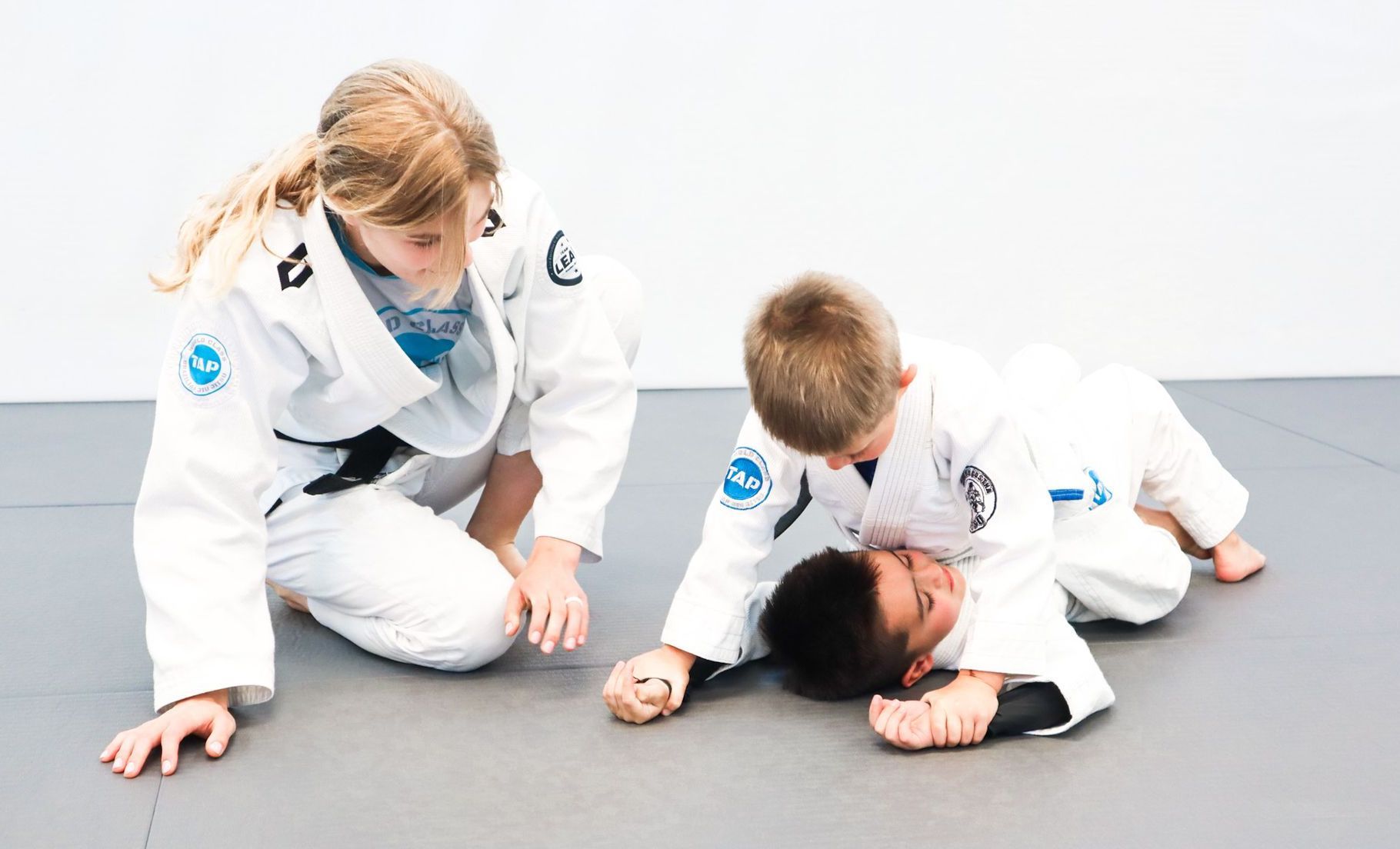
3. Ensure Consistent Attendance:
Regular attendance is super important for building skills and confidence. Make sure your kid gets to class consistently. Skipping classes can mess up their learning and make it tougher to keep up with their friends. Plus, being there regularly helps them get into a good routine and makes the whole experience more fun. They'll feel more comfortable, make friends, and really get the hang of things quicker. So, try to get them to every class, and they'll see the benefits in no time!
When children see their parents regularly attending BJJ classes, overcoming challenges, and celebrating progress, they learn that effort and persistence lead to growth and achievement. This modeling of positive behavior helps instill a strong work ethic and a resilient attitude in children, which can benefit them in various aspects of their lives, including academics, sports, and personal relationships.
4. Prioritize Safety:
Safety is super important at our school, and we want to create a safe and friendly place for everyone. Make sure your child knows to follow their instructors' directions because these rules keep everyone safe. Also, remind them to breathe and stay calm during practice. Keeping cool helps avoid accidents and injuries. It's also key they learn to respect their training partners since mutual respect creates a positive and supportive vibe where everyone can grow and learn together.
5. Build Confidence and Discipline:
Jiu-Jitsu can significantly boost a child's confidence and discipline. The structured environment of our school teaches respect, focus, and self-control. These qualities often extend beyond the mat, positively impacting their behavior and performance in other areas of life.
6. Foster a Growth Mindset:
Help your kid develop a growth mindset by praising their effort instead of their natural talent. Explain to them that challenges are just chances to learn and get better. This way, they'll stick it out through tough times and setbacks.
7. Promote Social Interaction and Teamwork:
Jiu-Jitsu classes provide an excellent opportunity for social interaction and teamwork. Children learn to work with partners of different sizes and skill levels, fostering camaraderie and mutual respect. These social skills are valuable both on and off the mat.
8. Maintain Open Communication with Coaches:
Maintain open communication with your child's coaches. They can provide insights into your child's progress and offer advice on how to support and improve their development. Address any concerns promptly to ensure a positive experience for your child.
9. Having Fun Together:
BJJ is an enjoyable and dynamic activity. The fun and excitement of learning new techniques and sparring bring joy and satisfaction to both parents and children. Incorporating Brazilian Jiu-Jitsu into your family routine offers numerous benefits, from building a strong parent-child bond to setting a positive example and sharing quality time together.
10. Set Realistic Goals:
Help your child set realistic and achievable goals. Whether it's mastering a particular technique or earning their next belt, having clear goals can provide motivation and a sense of accomplishment. Celebrate these achievements together to reinforce their hard work.
The shared experiences and achievements in BJJ create lasting memories for parents and children. These moments strengthen the family bond and provide stories to cherish for years to come.
Conclusion:
Supporting a beginner in Jiu-Jitsu involves understanding the basics of the sport, encouraging patience and persistence, ensuring safety, and maintaining open communication with coaches. By fostering a positive and supportive environment, you can help your child enjoy their Jiu-Jitsu journey and gain valuable life skills along the way. Remember, the lessons learned on the mat often extend far beyond it, shaping your child's character and resilience for years to come.
Check out our blog page where we have created some helpful posts to help you understand more about this journey.
